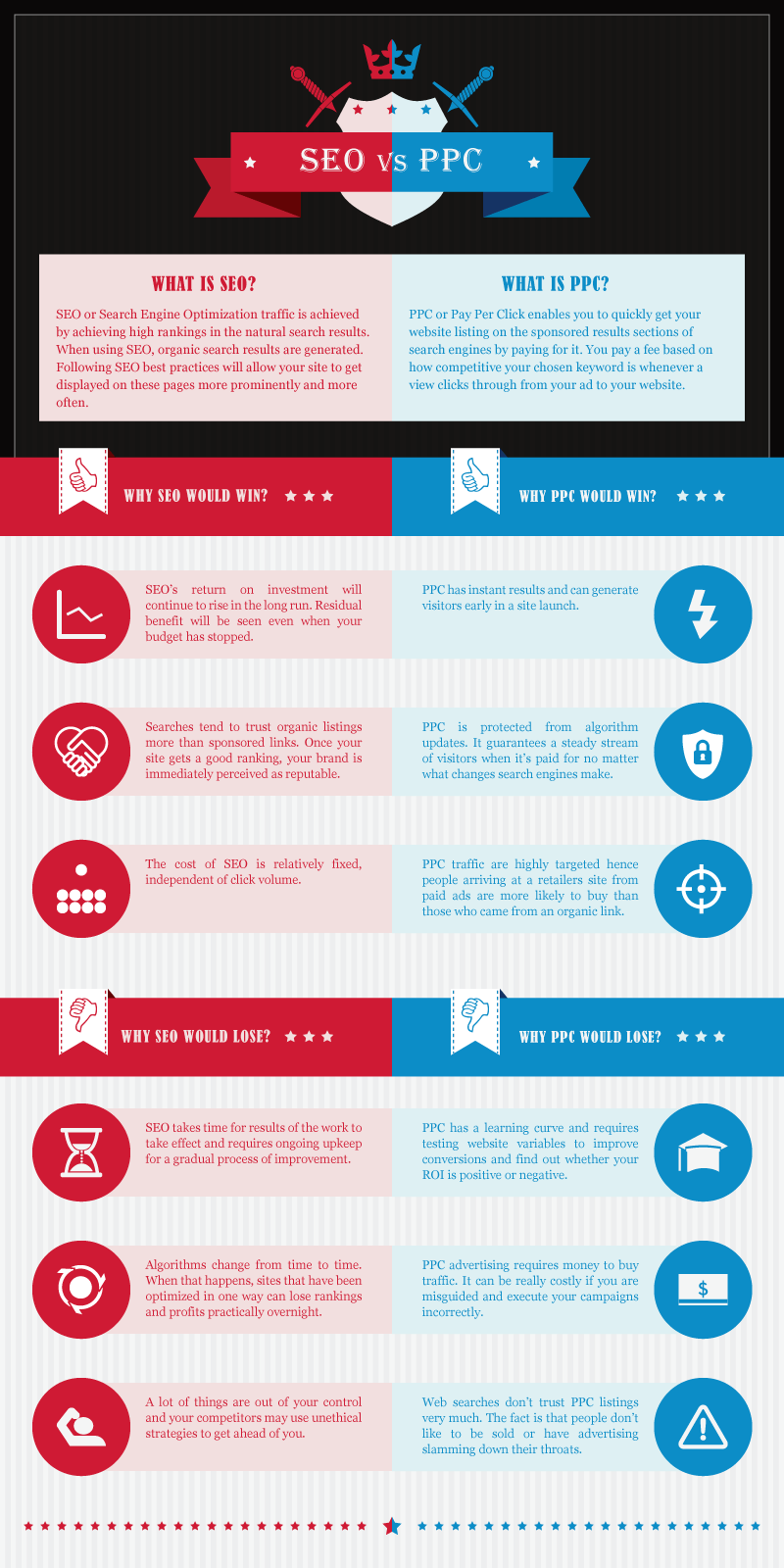Is Cheap Website Traffic Still Possible?
The following video summarizes what is contained within this article:
If you have ever asked yourself, is cheap traffic still possible, you are among many website owners that wonder this very same thing. Some of the best methods for getting fast traffic is by using Pay Per Click (PPC) advertising. Some of the larger companies pay anywhere from $10 per click all the way up to hundreds of dollars. That's per click. So the traffic may be fast, but it ain't cheap.
Then there is organic traffic that is the results of web owners' efforts to target keywords and write them within their blogs. This concept is also called SEO. There's more to SEO than just targeting keywords, and it depends on which marketing guru you talk to as to how much more. But the general idea of ranking organically has a lot to do with keywords.
But this method can take a really long time and it's frustrating when results don't go the way you planned. Google is a fickle beast and changes its algorithm all the time. What worked in SEO yesterday is no guarantee that will continue to work tomorrow.
What To Do
I think the correct solution lies somewhere in the middle, i.e., using a combination of both PPC and SEO. But you have to be smart about how you go about them.

Pay Per Click (PPC)
Obviously, most of us don't have big budgets the way major corporations do. So spending $10 or more per click is going to drain our budgets quicker than you could imagine. But you can target what's known as long tail keywords, which are simply keywords that contain more than three words as a phrase. An example would be instead of "cheap website traffic", you would target "is cheap website traffic still possible". These types of keywords are not going to cost $10 per click. In fact, they are likely to cost no more than 30 cents per click and that is affordable to just about anyone's budget.
But it's also how you target the keywords in the PPC campaigns. Here is the main argument with PPC. Do not target broad keywords. Ever. Period. I say this because broad keywords lead to clicks that are not targeted at all.
In any PPC campaign you only want people to click that have a real interest in exactly what your ad is targeting. for instance, if you included "cheap website traffic" as a PPC keyword and marked it as broad, did you know if people searched for the word "traffic" your ad may display (it also depends on how much you bid). So if someone is searching for a traffic report in their area, or if someone is a fan of the 60's band of the same name, your ad may show. And if they click, you pay. It is very unlikely a lead like that will convert for you. Mark your keywords as exact or phrase only.
Organic Traffic (SEO)
Organic traffic is obviously the cheapest but will take the longest to filter through the system. And there is no guarantee that it will appear if people search on the phrase. But this doesn't mean you shouldn't incorporate it. The simple method of SEO is to include your keyword in the header and then once again in the first paragraph, preferably in the first sentence, if possible.
The rules for SEO used to be much more extensive and there are people that still believe that these rules should be followed. They include putting the keyword into heading tags throughout the article and diversify those heading tags between the hierarchy (H1, H2, H3). Also, there used to be the concept known as keyword density, which specified an appropriate percentage that the keyword should appear throughout the entire document. A density of 1-3 percent was the sweet spot back in the day.
But many of the tactics are now being considered keyword spam by the recent changes in Google's algorithm so you have to proceed with caution. If you try to flood your posts with keywords, it will actually end up producing the opposite effect than you hoped and it may even give you a permanent spot in Google's sandbox. Once that happens it's game over.
I think the best bet is to start with the bare minimum of placing the keyword in the title and then once more in the first paragraph and see how that does for you. Then over time, and through testing, you can add other SEO techniques but only do one technique at a time and see how it performs. If you get an improvement, you can keep it. But if you get a hit in rankings, you'll want to remove that. By adding one at a time you can see how it affects rankings.
Traffic is a pretty important piece of the puzzle when it comes to succeeding with your website. In fact, it's part of the 3 major online business challenges that I created a video for along with a quiz. This video identifies traffic (and two other items) and shows how you can break through these challenges to improve the performance of each. Click on the image below (or use the link below the image):

